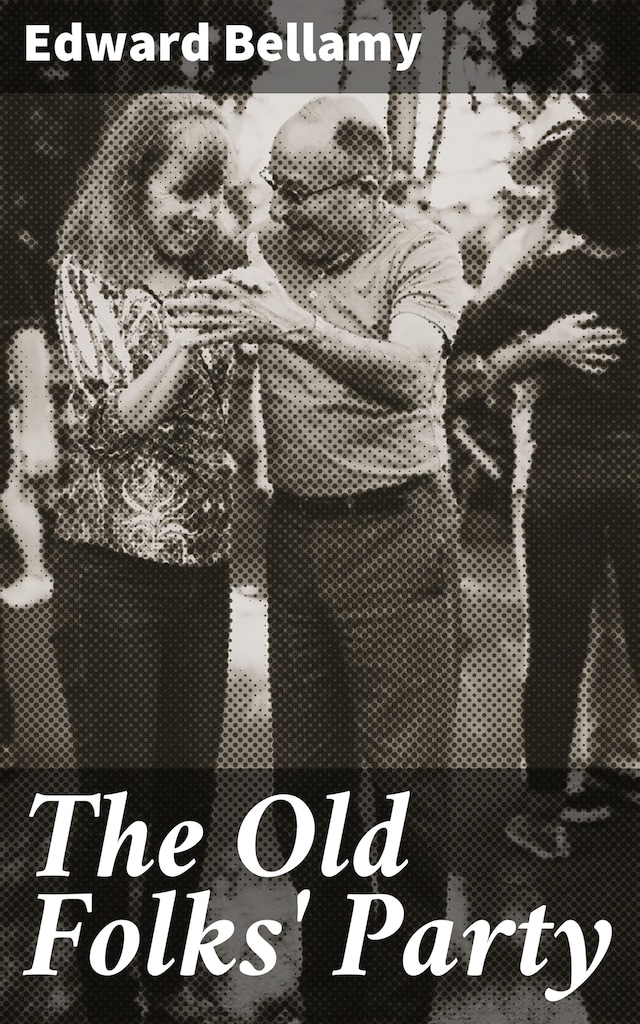The Old Folks' Party
1898
Om bogen
In "The Old Folks' Party," Edward Bellamy presents a captivating exploration of social dynamics and communal aging through a blend of realism and speculative fiction. Set against the backdrop of a lively gathering for the elderly, Bellamy intertwines humor with poignant reflections on the trajectory of life, societal values, and the evolution of relationships among the aging populace. The narrative style is marked by an engaging vernacular and vivid characterization, which evoke the warmth of camaraderie while articulating the anxieties that accompany the twilight years. This work is emblematic of Bellamy's literary prowess, showcasing his intent to provoke thought on social issues with craft that resonates deeply with readers of his era and beyond. Edward Bellamy (1850-1898), an American novelist and social critic, was deeply influenced by the socio-economic challenges of his time, particularly the impact of industrialization. His most famous work, "Looking Backward," laid the groundwork for his ideas surrounding societal reform and collective welfare, themes that are compellingly revisited in "The Old Folks' Party." Bellamy's experiences and observations of an aging society prompted him to address issues of isolation, dignity, and the potential of generational bonds through this poignant narrative. This book is highly recommended for readers interested in the interplay between aging and social structure. It offers a unique perspective on the complexities of growing old while asserting the value of community and shared experiences. "The Old Folks' Party" is not only a reflection on aging but also a call to embrace and understand the elderly as integral members of society.
Bogen The Old Folks' Party og over 1 million andre bøger
fra 6,99 kr./måned
Fyld dit liv med historier!



